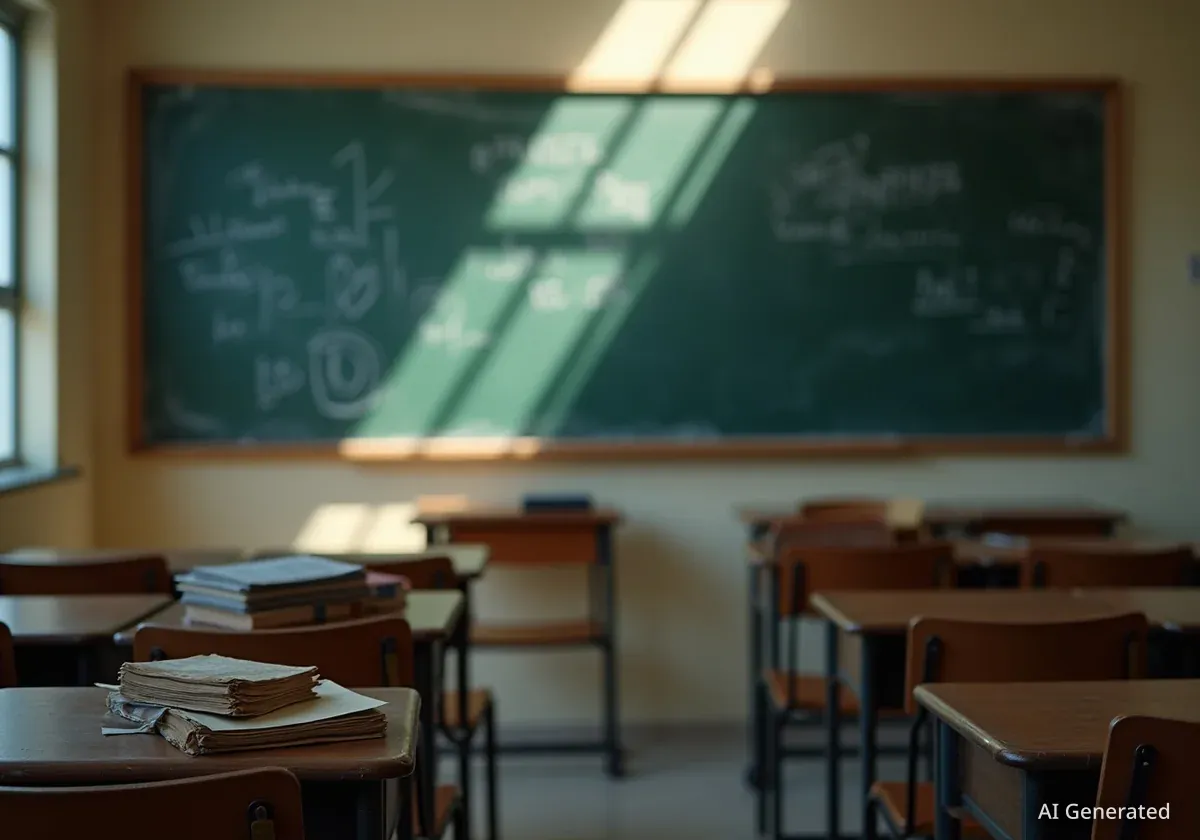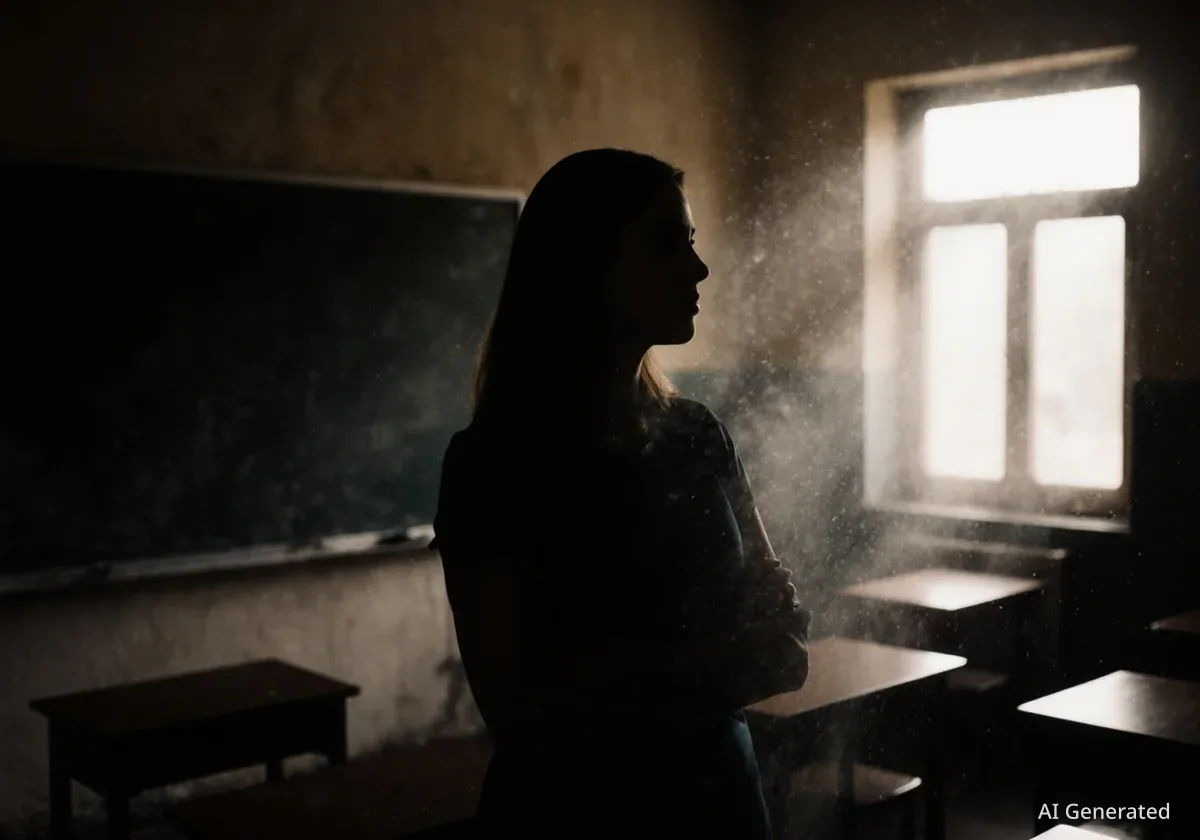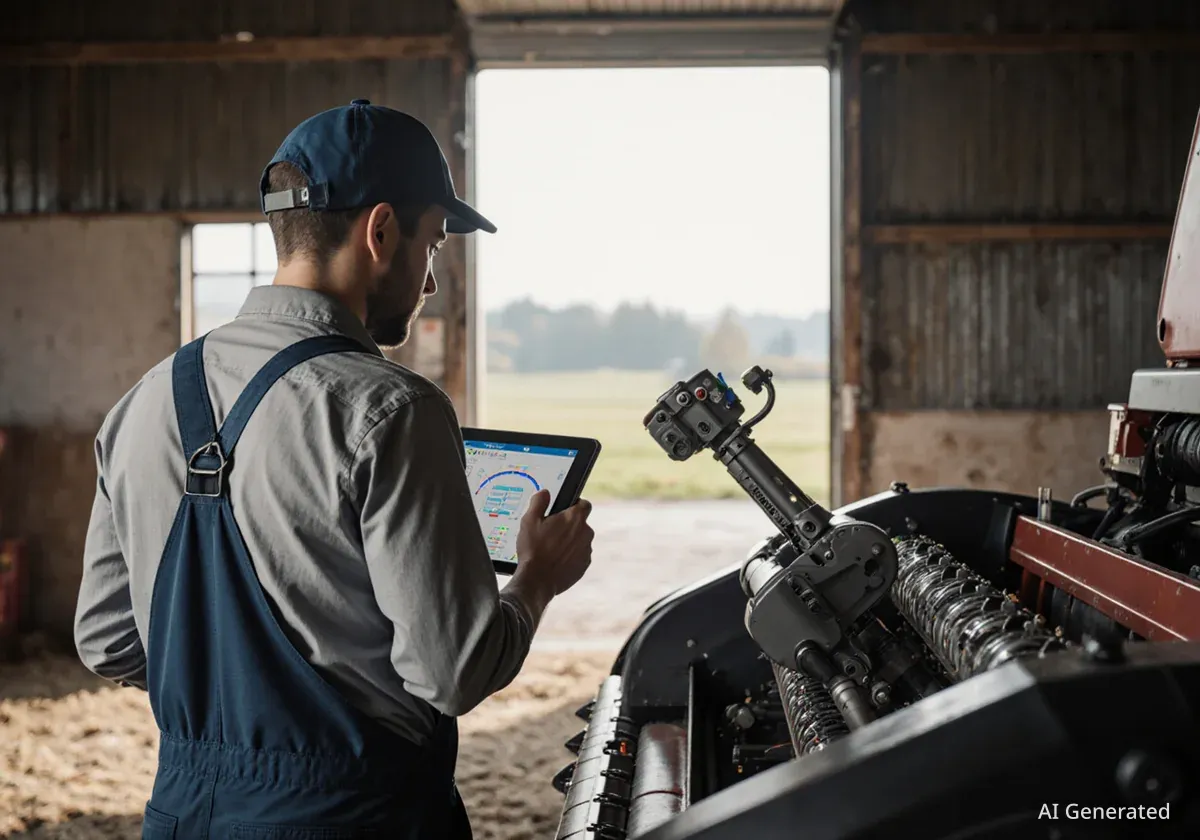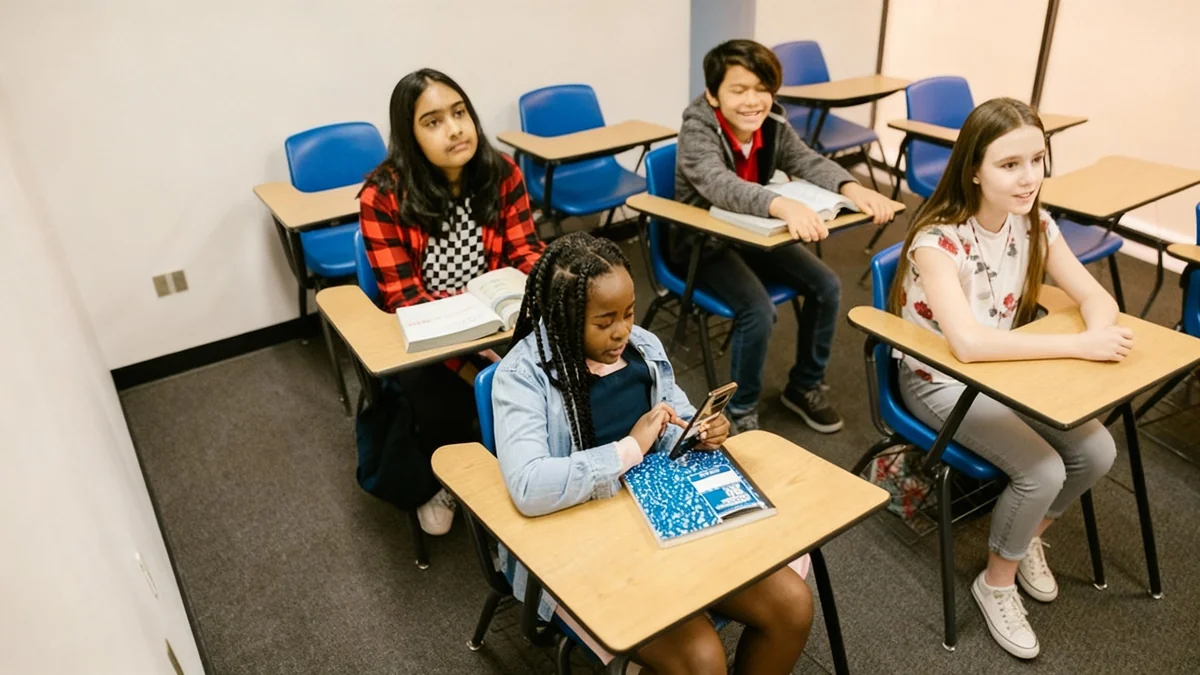Bernese schools are experiencing significant pressure due to a rise in societal expectations without a corresponding increase in resources. This situation leads to teacher shortages, larger class sizes, and a heavier workload for educators, impacting the overall quality of education and student well-being.
Key Takeaways
- Bernese schools are managing increased responsibilities from society.
- Resources like staff and space have not grown with demands.
- Challenges include teacher shortages and larger class sizes.
- Students face higher psychological stress.
- Parental involvement and digital integration add to the workload.
Increased Responsibilities and Resource Gaps
Over the past two decades, society has placed numerous additional tasks on schools. These new demands range from increased inclusion efforts to digital literacy initiatives. However, schools have not received the necessary personnel or physical space to manage these tasks effectively.
This imbalance creates a challenging environment for both educators and students. Teachers must adapt to new roles while managing existing duties. The lack of adequate support structures exacerbates the problem.
Fact: Growing Demands
- Teacher shortages are a significant issue.
- Class sizes are increasing across many schools.
- Children are experiencing higher levels of psychological stress.
- Increased parental engagement requires more school time.
- Digitalization and social media integration are new responsibilities.
Impact on Teachers and Students
Teachers are at the forefront of these challenges. They often face low salaries despite their expanding responsibilities. This can lead to burnout and a lack of motivation within the profession.
For students, the situation means larger classes and potentially less individual attention. The added stress on teachers can also affect classroom dynamics. This directly impacts learning outcomes and student welfare.
"The society has burdened schools with dozens of additional tasks over the last 20 years, without providing them with the necessary resources such as personnel and space," stated an expert during a recent discussion.
Addressing Psychological Well-being
A notable concern is the rise in psychologically stressed children. Schools are increasingly expected to support students' mental health. This requires specialized training and resources that are often scarce.
The integration of social media into daily life also presents new challenges. Schools must address issues like cyberbullying and digital citizenship. These are complex topics that demand significant time and expertise.
Context: Educational Landscape
The Swiss education system values high standards. However, the current trend of increasing demands without sufficient funding threatens these standards. Discussions about school resources are becoming more frequent in public discourse.
The issue is not unique to Bern. Many regions across Switzerland face similar pressures. Finding sustainable solutions requires collaboration between policymakers, educators, and the community.
The Role of Digitalization and Inclusion
Digitalization in education is a double-edged sword. While it offers new learning opportunities, it also demands significant investment in technology and teacher training. Schools must keep pace with rapid technological changes.
Inclusion, the practice of integrating students with special needs into mainstream classrooms, is another area of increased demand. This requires specialized support staff and adapted teaching methods. Without these, the benefits of inclusion can be undermined.
According to recent educational reports, approximately 75% of teachers report feeling overwhelmed by the breadth of their responsibilities. This figure highlights the urgent need for systemic change.
Community Discussions and Future Outlook
The newspaper "Der Bund" and BZ hosted a live podcast recording titled "Gesprächsstoff" on Tuesday, October 21, 2025, at Sous Soul in Bern. This event brought together experts and the public to discuss the pressures on Bernese schools.
Panelists included Sibylle Hartmann, Mirjam Comtesse, and Naomi Jones. They provided insights into the challenges and potential solutions. Such public forums are crucial for raising awareness and fostering community engagement.
- Public discussions help highlight the current state of education.
- They provide a platform for experts and citizens to share ideas.
- Community involvement is key to finding long-term solutions.
The future of Bernese schools depends on a clear strategy. This strategy must address both the rising expectations and the need for adequate resources. Investing in education means investing in the future of the community.
Ensuring that schools have enough staff, appropriate facilities, and sufficient funding is critical. It will help maintain educational quality and support the well-being of students and teachers alike. These measures are essential for the continued success of the Bernese education system.




